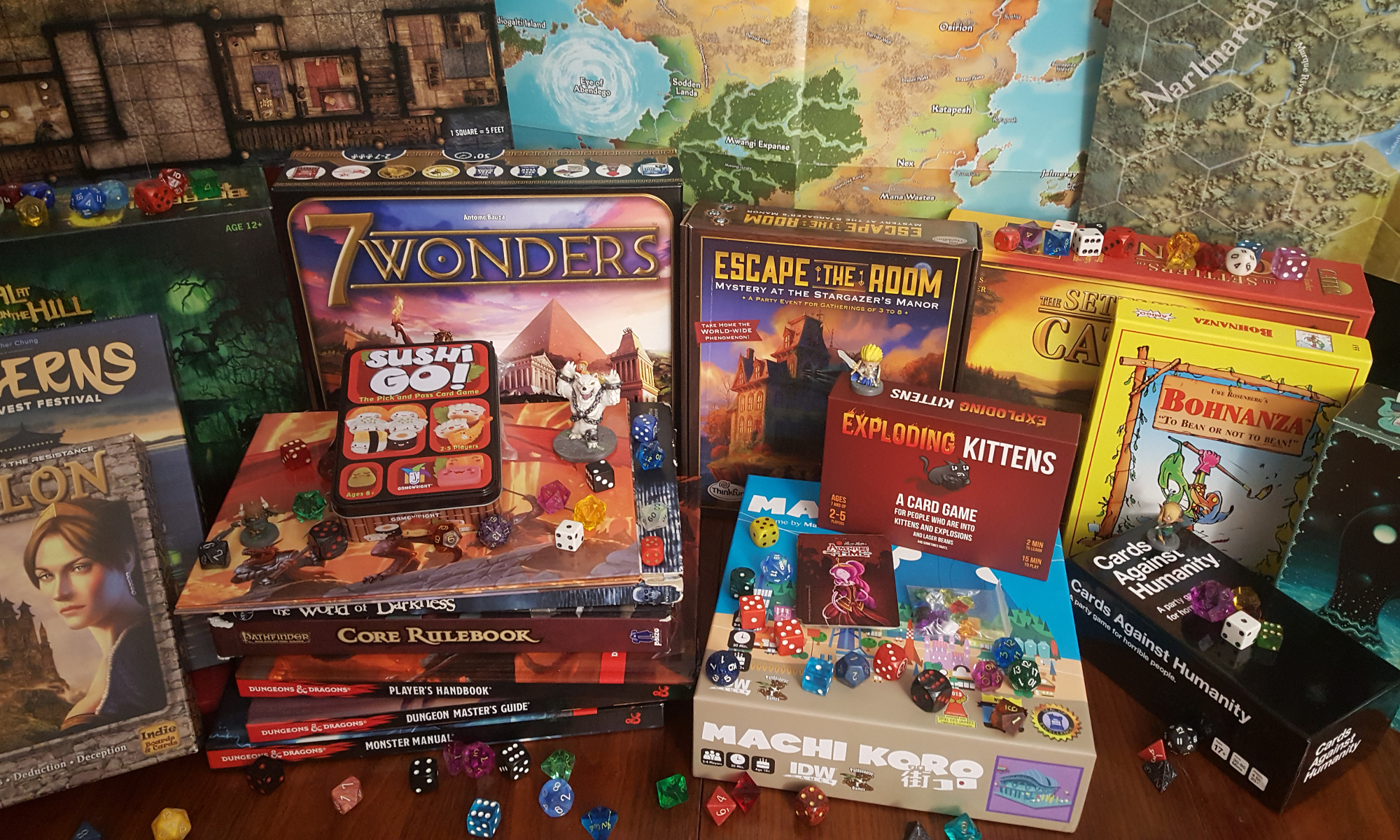Today, we decided to take a detour from our road map and talk about world building – the process of creating compelling settings for your RPG. World building is a vital aspect of almost all games, with only a few abstract and classic games offering experiences devoid of flavor.
Today, we touched on the two approaches to world building, the Top Down and Bottom Up approaches (sometimes referred to in gaming circles as the Macroscopic and Microscopic approach). While there are many different approaches to world design, it’s generally possible to categorize them into one of these two broad categories.
Something we didn’t touch on as much as I would have maybe liked, is the concept of having a hook for your setting. As we’ve mentioned before, one of our favorite game rules is the One Unique Thing rule from 13th Age. There’s a reason we consider it such a great rule: it gives the character a “hook” – something you can hang your hat on. And just like characters, worlds should have something about them that makes them unique and special.
The role of magic is commonly used as the hook, offering a virtually limitless array of fantasy metaphysical concepts to work with. In some settings, magic drains life from the world. In Dark Sun’s Athas, for example, powerful wizards can someday ascend to become dragons or avangions as their magic either defiles or preserves the world. In other settings, such as Dragonlance, magic is influenced by celestial objects. In Ebberon, magic has created a sort of pseudo-steampunk dystopia. In each case, the origin and purpose of magic is an integral part of what makes the setting interesting.
Religion is another source of inspiration for setting hooks. Very few D&D / fantasy settings are monotheistic (at least in any provable way) and in many, the gods directly influence the lives of mortals either through direct intervention, arcane machinations or by empowering their clergy. In Dragonlance, the return of the gods was an important plot point in the campaign that spawned the setting. In Dark Sun, there is a bleak lack of theistic influence, with no gods. In some settings, such as Pathfinder’s Golarion, mortals sometimes ascend to true godhood, and gods may be slain. Almost every fantasy setting has its own take on religion, and in some cases the interesting nature of the metaphysical realms is reason enough to take interest in the setting.
While diversity within a campaign setting can be good, some settings limit the amount of cultural diversity to mimic a historical or cultural theme. Rokugan, the setting of The Legend of the Five Rings (and the 3rd Edition D&D version of Oriental Adventures) and blends historical and popular interpretations of far eastern culture. Al Qadim, meanwhile, was an explicitly Arabian setting. Settings have also been created for Viking Games. The de facto fantasy setting of most role playing games is influenced by Tolkien which, in turn, takes a great deal of influence from the myths and legends of the United Kingdoms, especially Great Britain’s King Arthur and the Matter of Britain. Other games mimic Roman, ancient Hebrew and Russian Mythology.
Characters can be hooks for settings. A setting based on, for example, a great explorer or despotic ruler can be excellent. Ravenloft originated as Count Dracula: The Campaign Setting, but it expanded into Victorian Horror: The Campaign Setting with the addition or other realms of dread ruled by analogs of Vlad the Impaler, Dr. Frankenstein, Pinocchio and others. In each case, the setting is built around the character.
Events, furthermore, can be hooks for stories. Great cataclysms are often sources of major adventure hooks, with the entire genre of post-apocalyptic fiction and fantasy being of particular note in this respect. The event need not be cataclysmic. The arrival of alien life, proof of the existence of gods, the technological singularity, the return of magic or all of the above could be fantastic adventure hooks.
The journey of a thousand miles begins with a single step. Is that the most important step? Who can say? But what can be said is that it is important to make that the right step.


How do I go about subscribing to this?
I’m glad you asked! You can currently find us in the iTunes Store. If you don’t use iTunes, you can add our RSS feed to many podcasting apps manually. The feed can be found at:
https://www.savevsrant.com/feed
You can paste the feed into an RSS reader or your preferred podcasting app, typically under an option such as “Add a podcast manually” or “Add an RSS feed,” depending on the app.